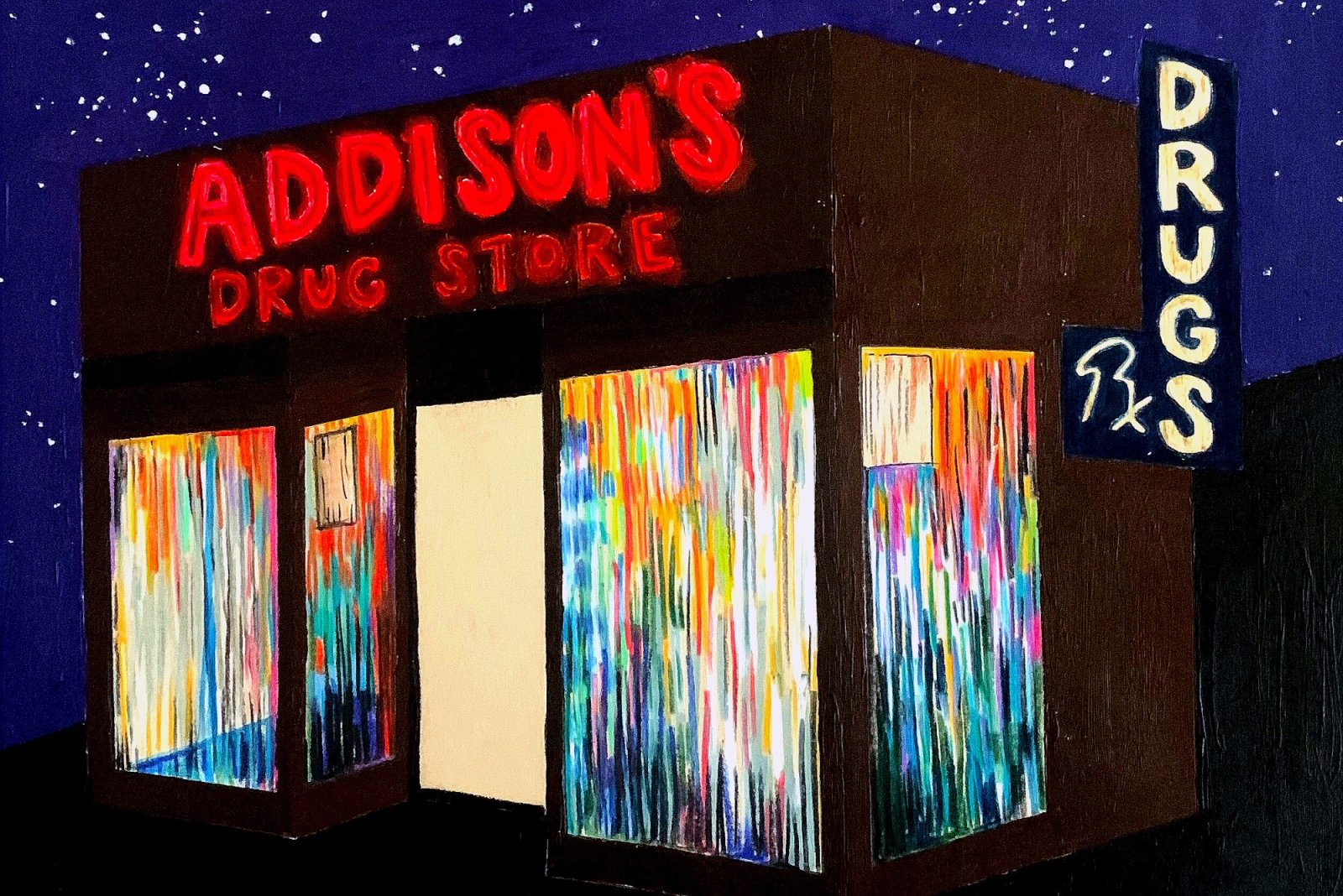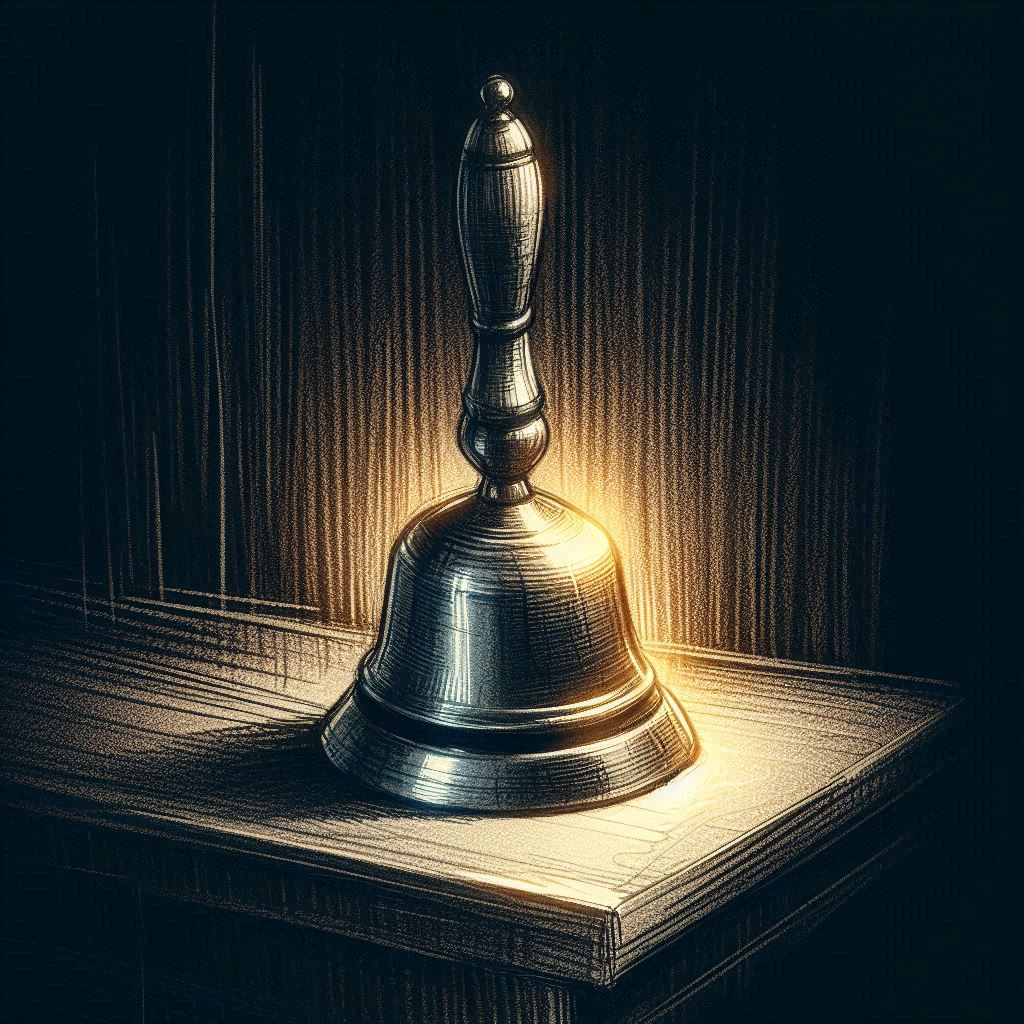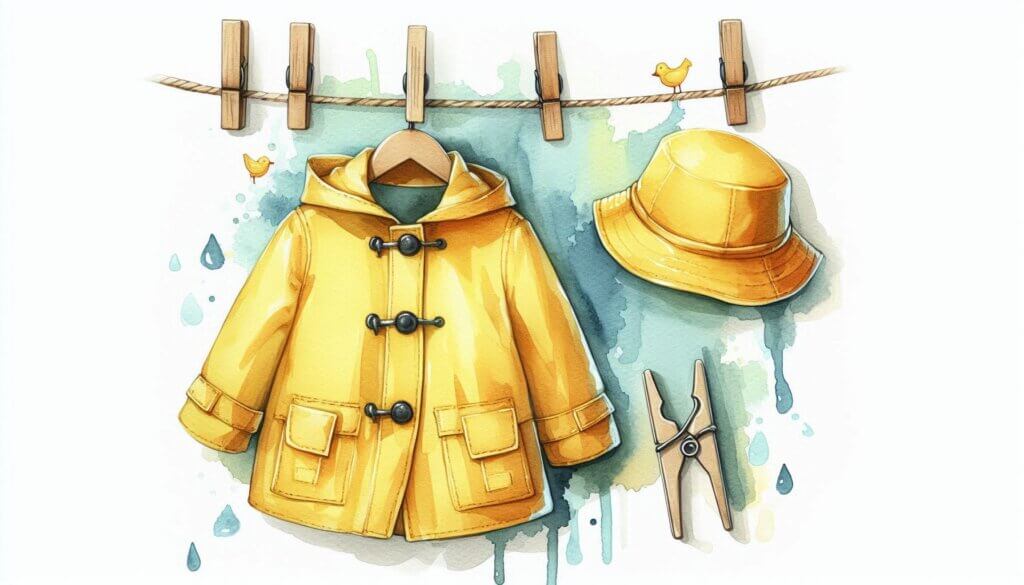
Mother Redux
That winter night, we were standing on the Lake Street bridge above the frozen Chemung River, huddled together against a snow-spiked wind. While my mother gazed downriver where Elmira’s streetlights cast shimmering reflections on the black ice, I snuggled into her wool overcoat, my nose and ears numb with cold.
“Look,” my mother said, lifting me up so that I could see over the guard rail. “That’s the street where we live.”
I strained to see, but was too nearsighted to make out anything other than a blurred no man’s land pitted with splinters of yellow light. I looked down into the black void beneath the bridge, and for a giddy moment I felt weightless, like when a car goes too fast over a hill.
My mother put me down, pulled my knitted cap snug over my ears, and asked, “Can you find your way home?”
“Alone?”
“I’ll be along soon,” she said, giving me a hug. “Now hurry, before you catch a cold.”
I started off, eager to show her that I was a big boy and not afraid of the dark, but after several minutes of wandering, I realized I was lost. All of the darkened streets looked alike, and then, I saw the red neon sign announcing Addison’s Drug Store, and I knew home was nearby.
There was no one else in the house when I woke in my own bed in the middle of the night, still wearing my snowsuit and galoshes. I went outside. I ran around the house. Somehow, the entire neighborhood had been evacuated during the night, leaving me asleep in bed. I made my way back inside and lay down next to the hall radiator, where I fell asleep.
The telephone’s three short rings woke me. I climbed onto a stool beneath the wall mounted phone and lifted the receiver. “Hello?”
“Thank God, you’re there,” my aunt Fay said. “Are you okay, sweetie? We’ve been looking for you and your mommy all over town.
“Mommy got sick all of a sudden, and went away to a special hospital to get well,” my aunt told me. And that was that. The next day, my aunt and I traveled by bus to my grandparents’ home upstate. I worried my mother wouldn’t know where I was.
“Of course she’ll know where you are,” my grandmother assured me.
And, for a long time, I believed her. But time passed in a blur of idle days without a word from anyone about when my mother would be well enough to come home. I roamed my grandparents’ farm, daydreaming, and making an art of loneliness. One day, while I was playing under the front porch, I overheard my aunt and Gram discussing my mother as they drank tea.
“We’re going to have to tell the boy sooner or later,” my aunt said.
“Tell him what?” Gram demanded. “That she’s never coming back? It was bad enough that the war took his father’s life. Give the boy some hope that his mother will return. My guess is she up and ran off with some man. She’ll be back for him one of these days.”
The day my mother returned I was in the hayloft of the barn with a girl my age who had promised to show me hers, if I reciprocated. Like spelunkers in a pitch black cave, we explored each other’s sex in the feeble light from my penlight until Gram rang the dinner bell at dusk. I pulled up my pants and crossed the farmyard to the house, while my friend made her way home through the cornfield.
There, sitting at the dinner table with Gram and my aunt, was a strange man I knew was not family. Next to him was someone who resembled my mother, but was different in ways I was too young to understand. Our reunion was awkward. She kissed me on the forehead, and said, “He’s getting to be such a big boy, isn’t he?”
“C’mon over here and sit on my lap, son,” the stranger said.
“Douglas is your new daddy,” my mother said.
Douglas picked me up and set me down on his bony lap. He smelled of aftershave and new clothes. He wore wireframe glasses that made his pinched features and close-set gray eyes even more severe.
“Do you know what these are?” Douglas asked, poking a stiff index finger against my back.
I shook my head, glancing over at Gram, who arched an eyebrow.
Douglas pinched both of my shoulder blades until I squirmed. “That’s where your wings will grow when you go to Heaven,” he said, looking around the table for approval, his thin lips stretched into a grin over yellow teeth.
We left before dawn the next morning in Douglas’ new car. I sat in the backseat with the window down to let out the cigarette smoke, while my mother and Douglas played the car radio and sang along to their favorites, like the young lovers they longed to be.
Once, I caught Douglas studying me in the rearview mirror. I glared back at him and stuck my tongue out. He smiled.
A moment later my mother turned the volume up on the radio and said to me, “C’mon, you know the words—sing with me—R-A-G-G M-O-P-P / Rag Mop!”
I opened my mouth to sing, but threw up instead. Douglas slammed on the brakes. My mother hit her head on the dash. Douglas started swearing. I opened my door and ran across the highway into the woods, where I hid and watched them shout at each other. After a while it grew cold, and I walked back to the car.
“It’s about time you came to your senses,” Douglas said.
My mother had cleaned up my mess the best she could. “We’ll be home, soon,” she promised.
My mother was right. We were home in no time.
Suggested Reading
-
Flash • Nonfiction
-
Flash • Nonfiction
-
Flash • Nonfiction



